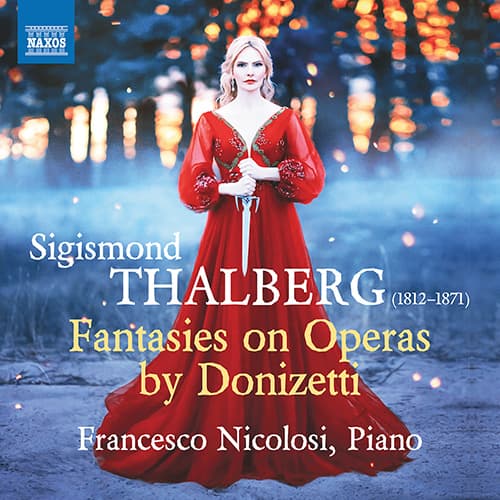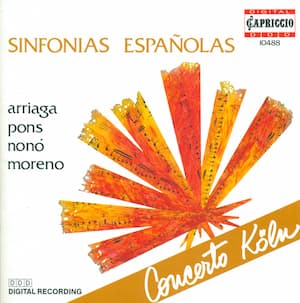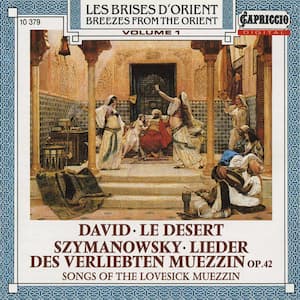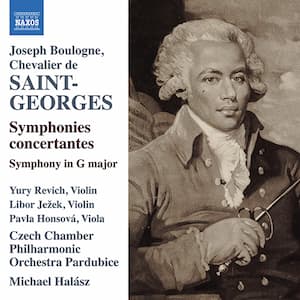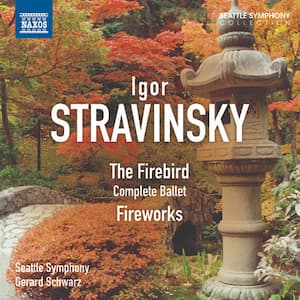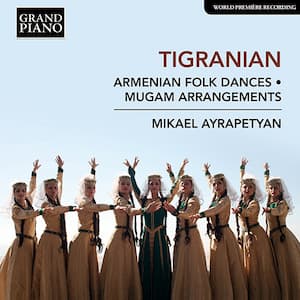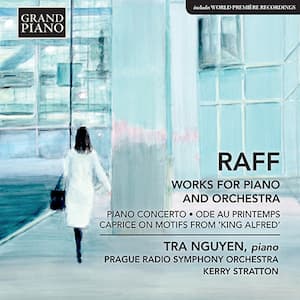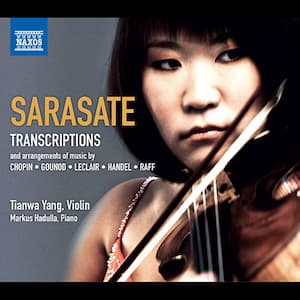The now-forgotten genre of ‘fantasy of operatic themes’ was very important in the 19th century – it served a double duty of preserving the important melodies from favourite operas and also, in the century of the virtuoso, was a showcase
Archives
Juan Crisóstomo de Arriaga (1806-1826) received the nickname of ‘The Spanish Mozart’ after his early death because, like his namesake, he was a child prodigy at both the keyboard and in composition. He was born on what would have been
French composer Félicien César David (1810-1876) composed his symphonic ode, Le Désert, in 1844, setting the poetry by August Colin. This work for speaker, tenor soloists, male chorus and orchestra was the perfect piece for the new Orientalists. As Victor
Joseph Boulogne, Chevalier de Saint-Georges (1745-1799) was not only a virtuoso violinist, a classical composer, a conductor of the leading orchestra in Paris but also was a champion fencer. When we listen to his music, we can hear exactly how
Igor Stravinsky (1882-1971) achieved fame and position as a composer building on a basis of a firm understanding of the art of composition. He came from a musical family – his father, Feodor Stravinsky, was a celebrated opera singer and
Armenian composer Nikoghayos Tigranian (1856-1951) was one of the first generation of composers in Armenia. Joined by others who were folk-music collectors, they laid the foundation for the Armenian national style. He lost his sight to smallpox at age 9
Considered during his lifetime the premier symphonist of the day, Joachim Raff (1822-1882) has now virtually vanished from our concert stages. He was encouraged by Mendelssohn and his scores, sent to his publisher by Mendelssohn, got the approval of Robert
The Spanish violin virtuoso Pablo de Sarasate (1844-1908) entered the Paris Conservatoire at age 12, won first prize in violin at age 15, first prize for solfège the next year, and won the prize for harmony in 1859. That same

